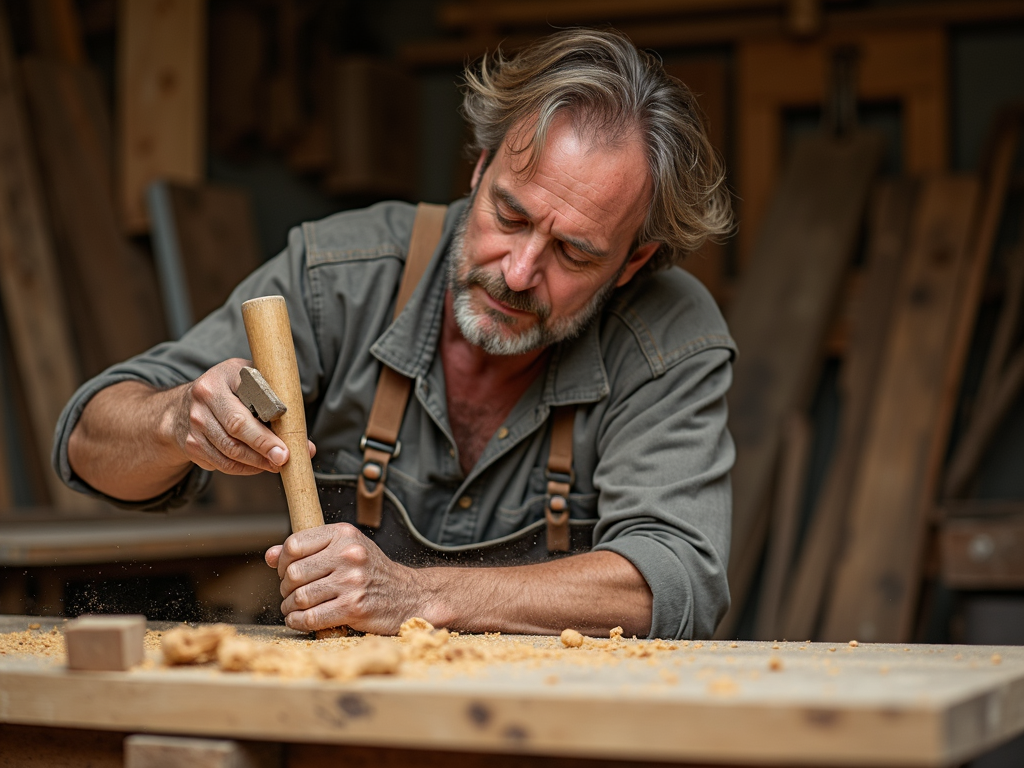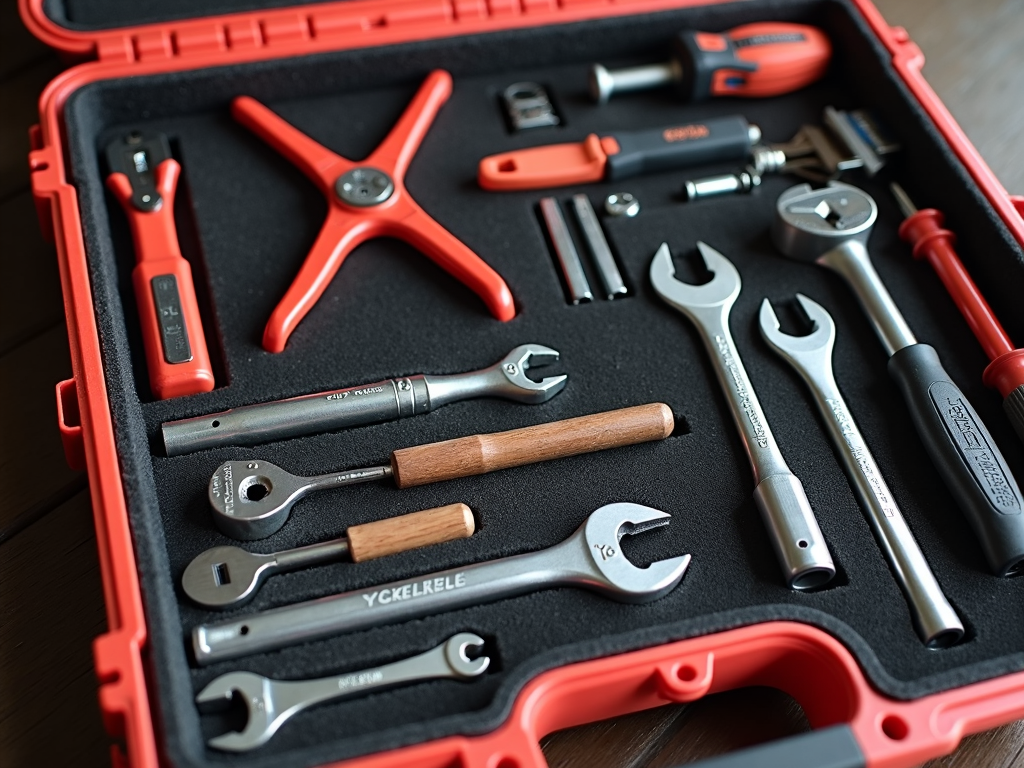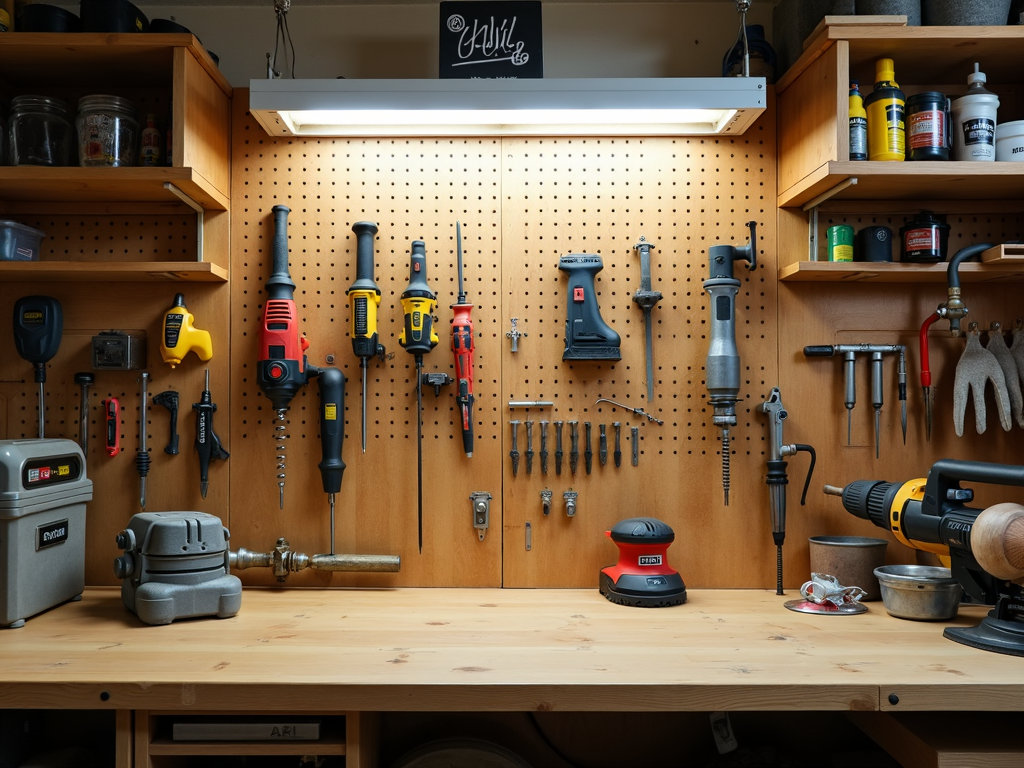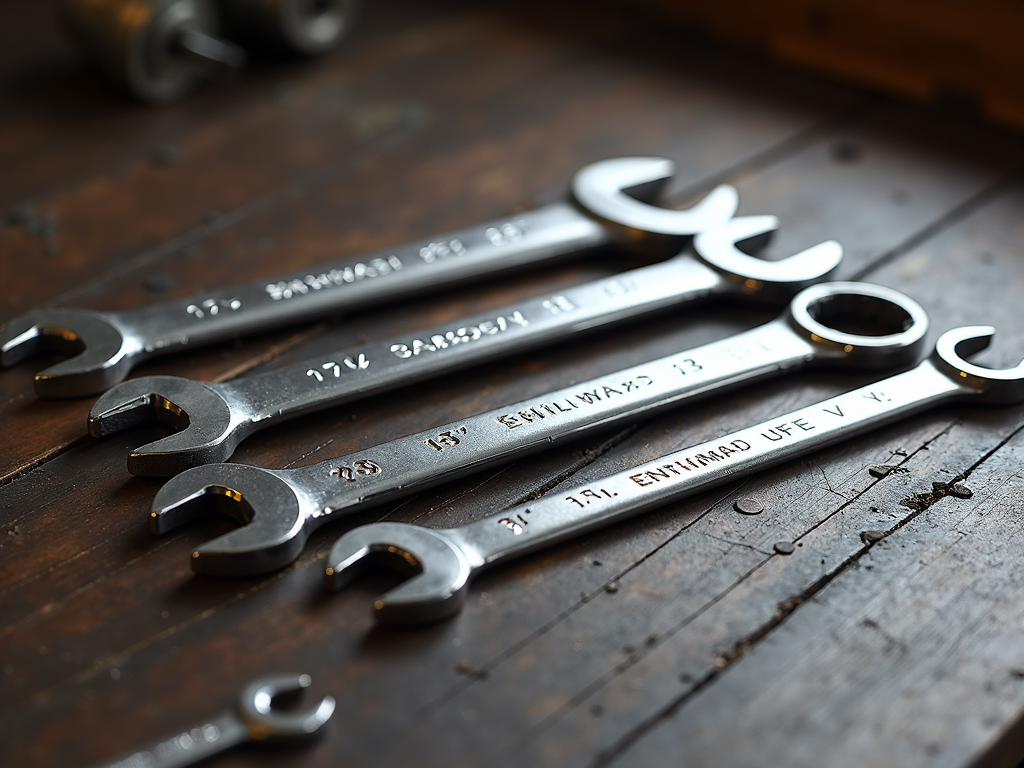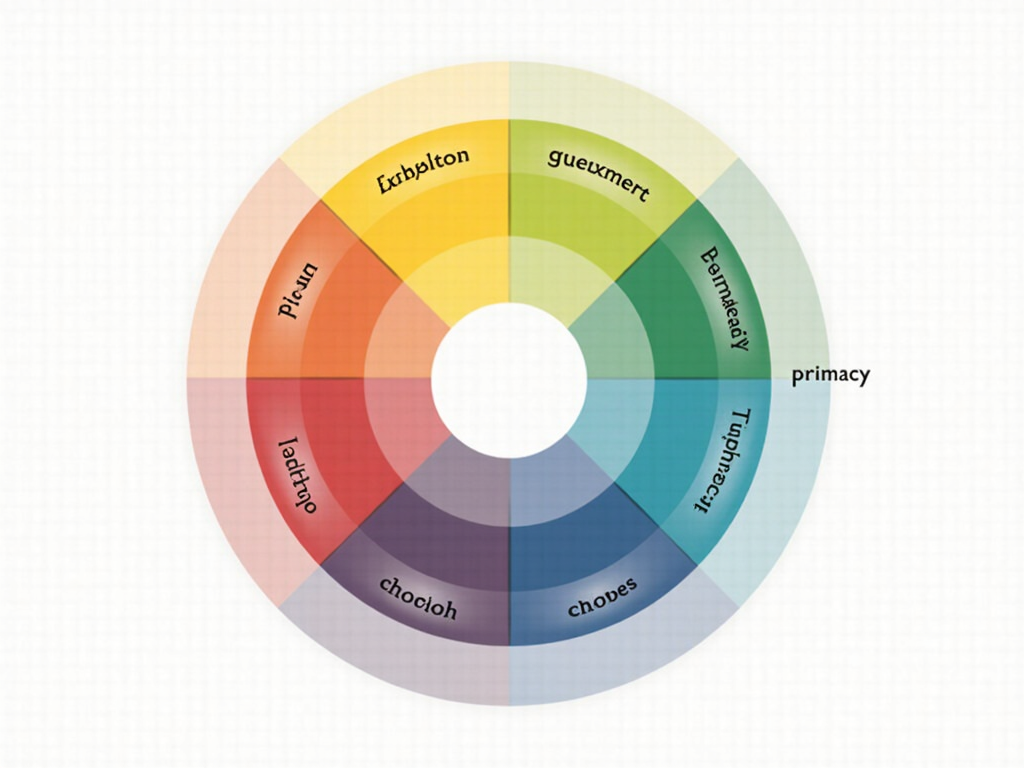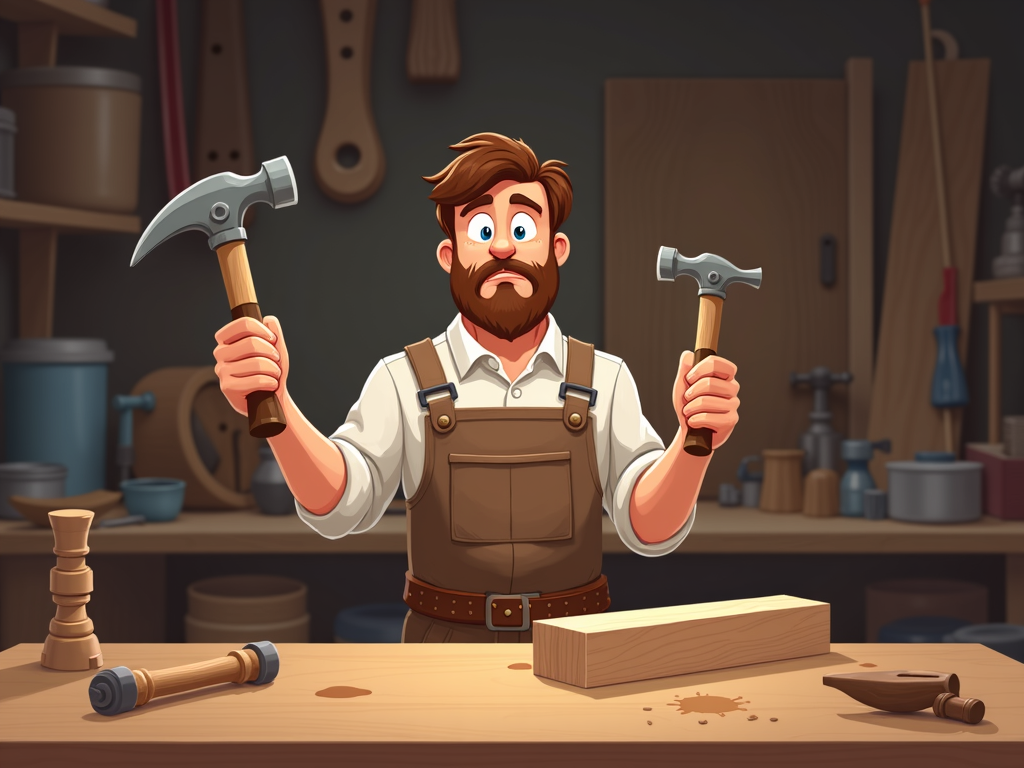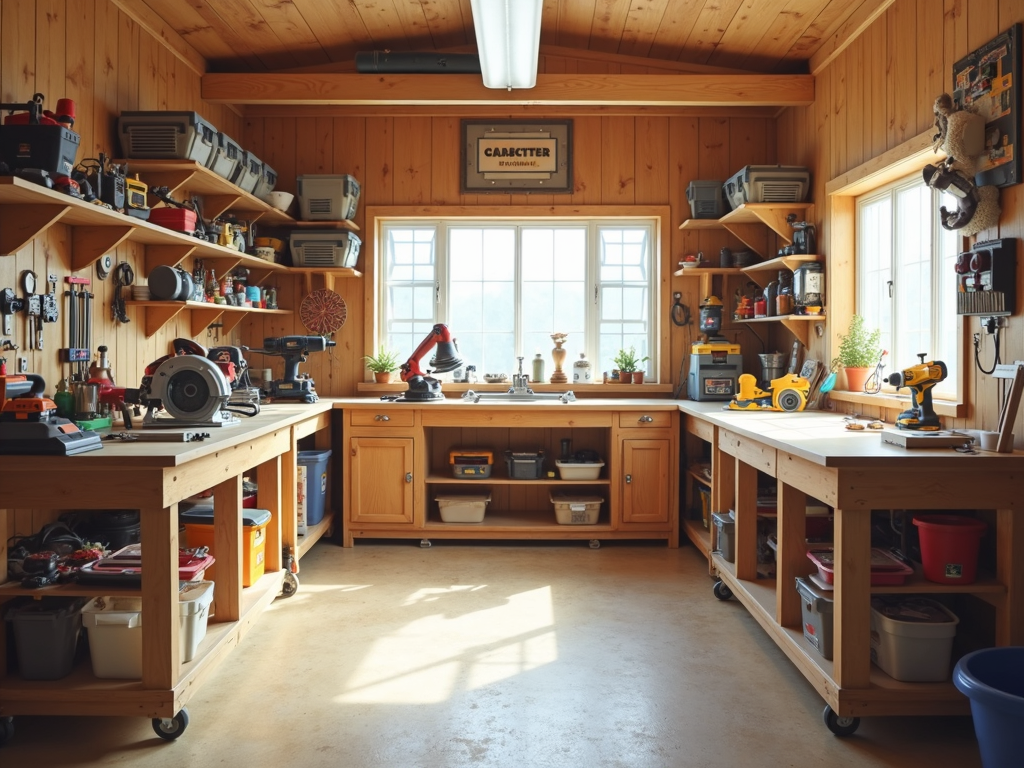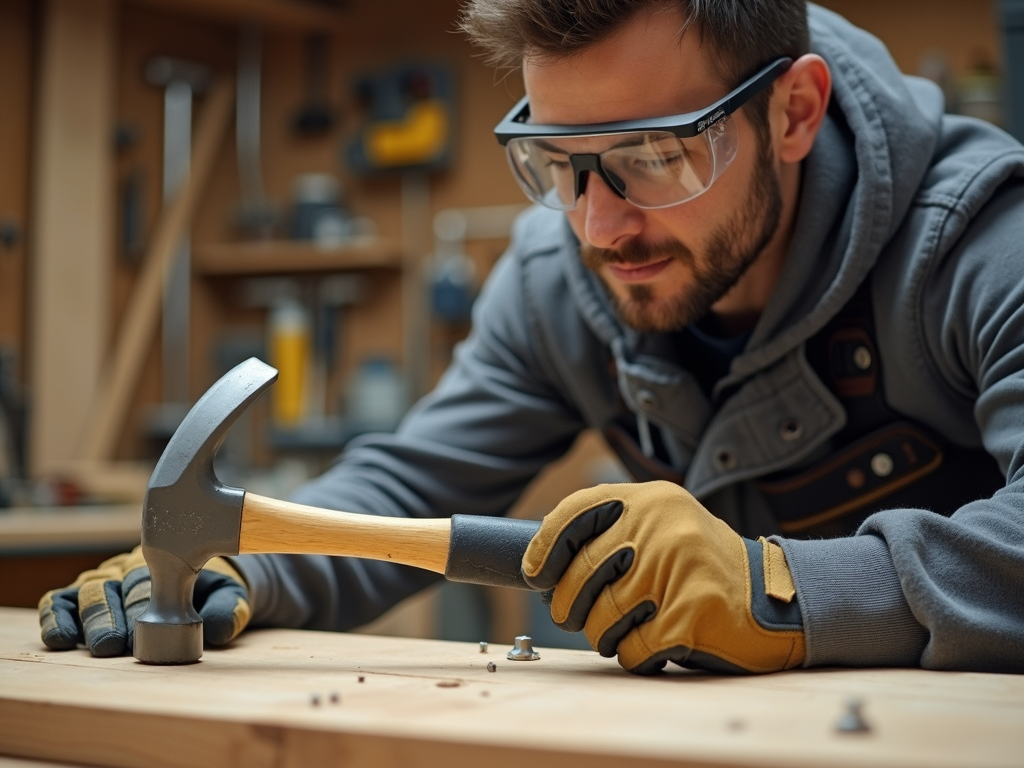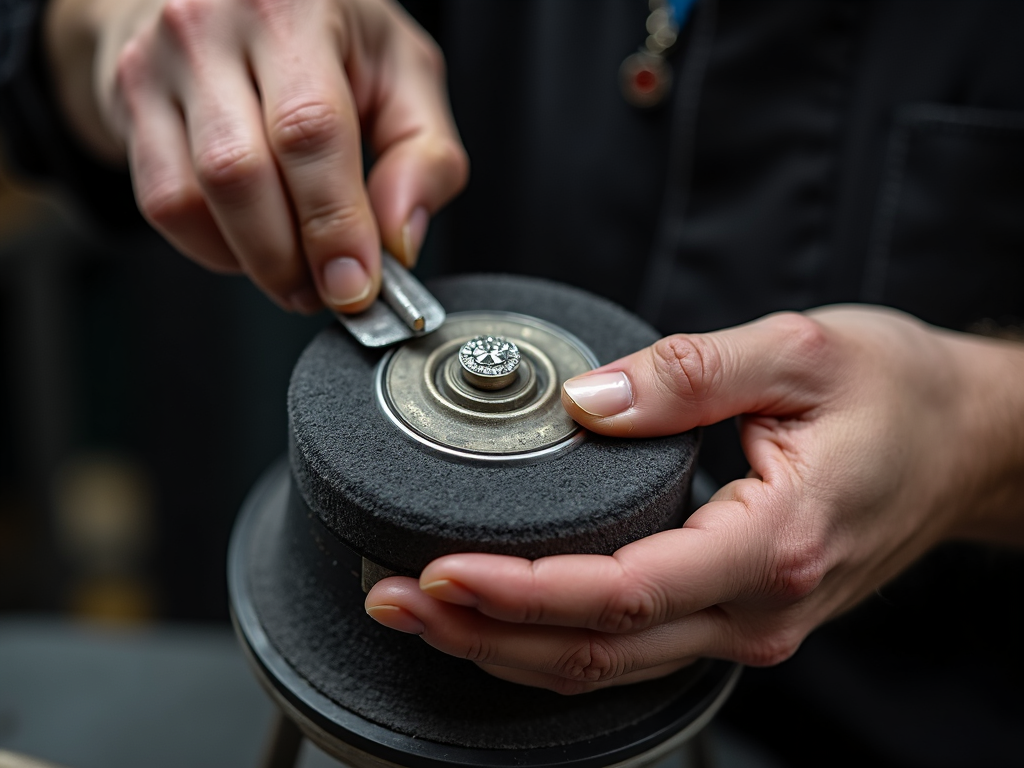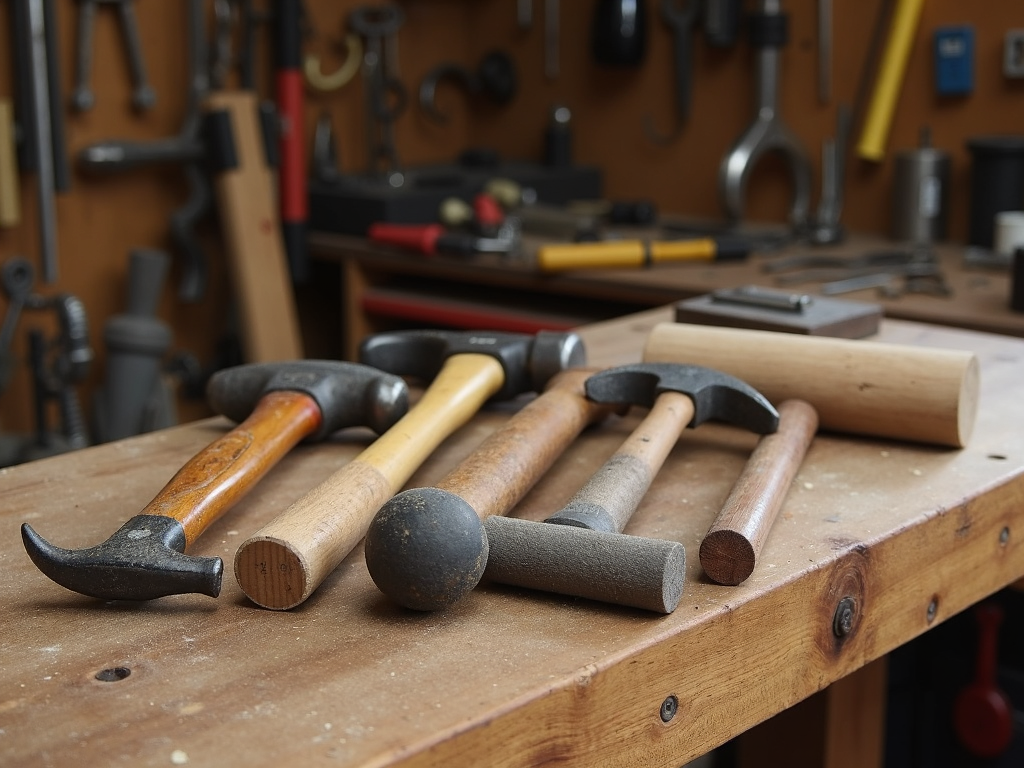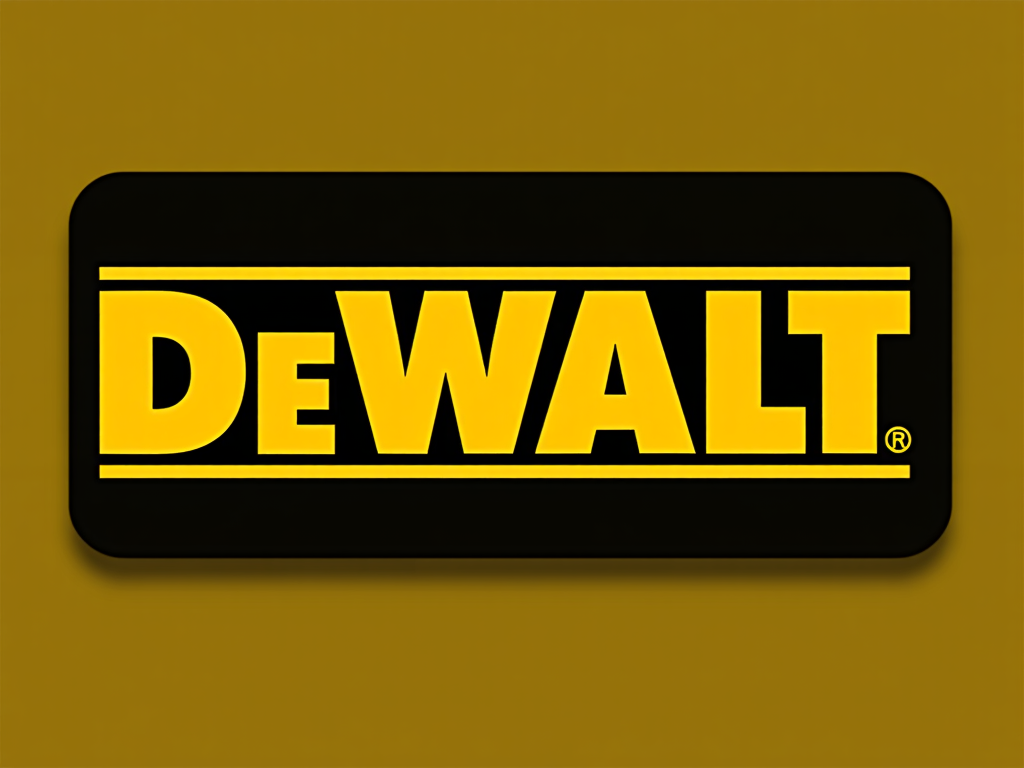Workman tools are the backbone of any electrician's or plumber's toolkit. From utility knives to specialized equipment, having the right tools can make all the difference in efficiency, safety, and quality of work. This comprehensive guide explores the essential tools for both professions, offering insights into their uses, importance, and how to choose the best ones for your needs.
Imagine trying to fix a leaky pipe with a dull knife or attempting to rewire a circuit without a proper voltage tester. It's not just frustrating; it's dangerous. That's why having the right workman tools is crucial for electricians and plumbers. These tools are designed to make your job easier, faster, and safer. In this article, we'll delve into the must-have tools for both professions, share personal insights on their uses, and provide tips on selecting the best ones. Whether you're a seasoned professional or just starting out, this guide will help you build a toolkit that you can rely on.
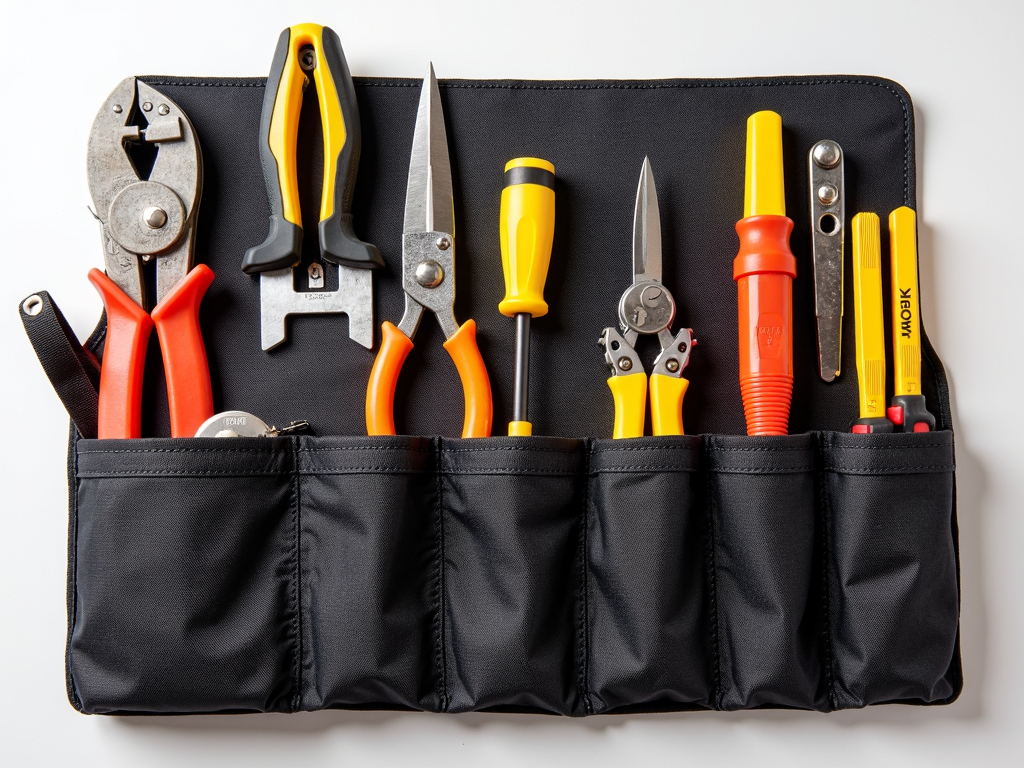
Electricians deal with complex electrical systems, and their tools need to be precise, reliable, and safe. Here are some of the essential tools every electrician should have:
- Utility knives: A sharp utility knife is indispensable for cutting wires, stripping insulation, and making precise cuts. Look for one with a comfortable grip and replaceable blades. Brands like Klein Tools and Milwaukee offer high-quality options that are durable and easy to use.
- Pliers: From needle-nose to lineman's pliers, these are essential for gripping, bending, and cutting wires. Invest in a set with insulated handles for added safety. Klein Tools' Journeyman series is a favorite among professionals for its durability and comfort.
- Screwdrivers: A variety of screwdrivers, including flathead and Phillips, are necessary for working with electrical components. Magnetic tips can be a lifesaver when dealing with small screws. Consider a multi-bit screwdriver for versatility.
- Voltage testers: Before touching any wires, it's crucial to check if they're live. A reliable voltage tester can prevent accidents and ensure your safety. Fluke's voltage testers are known for their accuracy and reliability.
- Wire strippers: These tools make it easy to remove insulation from wires without damaging the conductors. Look for ones with adjustable settings for different wire gauges. Irwin's self-adjusting wire strippers are a popular choice for their ease of use.
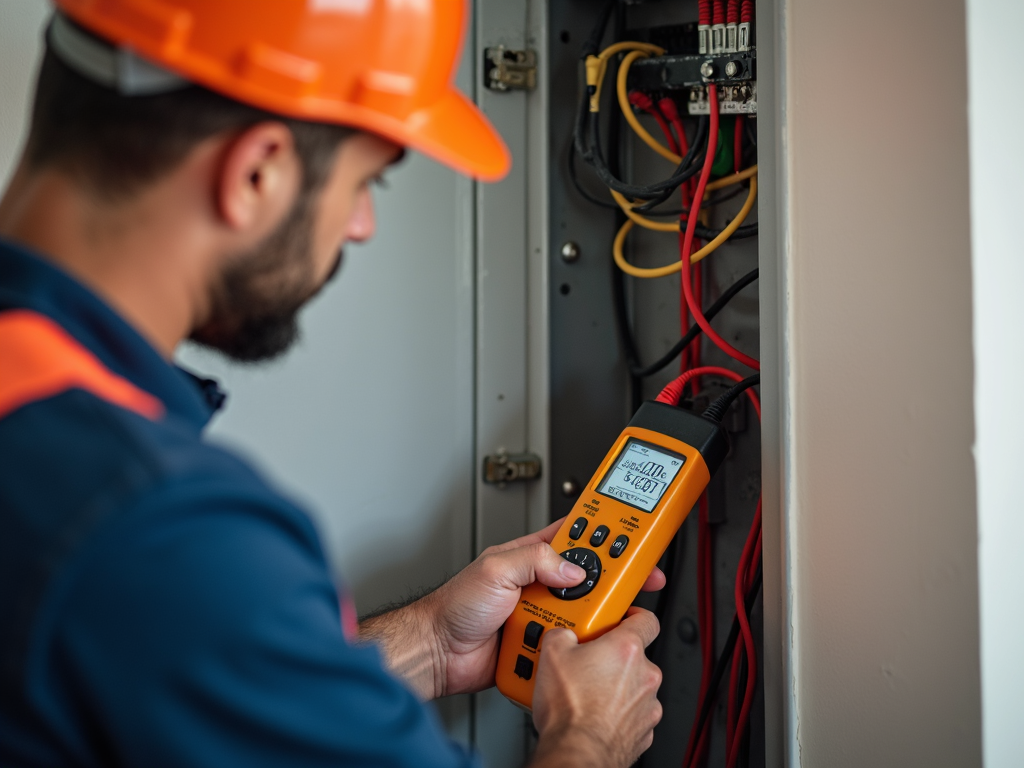
Plumbers, on the other hand, deal with pipes, fittings, and water systems. Their tools need to be durable, versatile, and able to handle various materials. Here are some must-have tools for plumbers:
- Utility knives: Just like electricians, plumbers need sharp utility knives for cutting pipes, tubing, and other materials. A sturdy knife with a retractable blade is ideal. Stanley's FatMax utility knife is a robust option with a comfortable grip.
- Wrenches: From adjustable wrenches to pipe wrenches, these are essential for tightening and loosening nuts, bolts, and fittings. Look for ones with comfortable grips and strong jaws. Ridgid's heavy-duty pipe wrenches are a staple in many plumbers' toolkits.
- Pipe cutters: For clean and precise cuts on pipes, a pipe cutter is a must. There are different types for various pipe materials, so choose accordingly. For copper pipes, a wheeled pipe cutter works well, while PVC pipes require a different type.
- Plungers: A good plunger can save the day when dealing with clogged drains. Make sure to have both a cup plunger and a flange plunger for different types of clogs.
- Drain snakes: For more stubborn clogs, a drain snake can help clear the way. Look for one with a flexible cable and a comfortable handle. Ridgid's Power Spin drain snake is a popular choice for its effectiveness and ease of use.
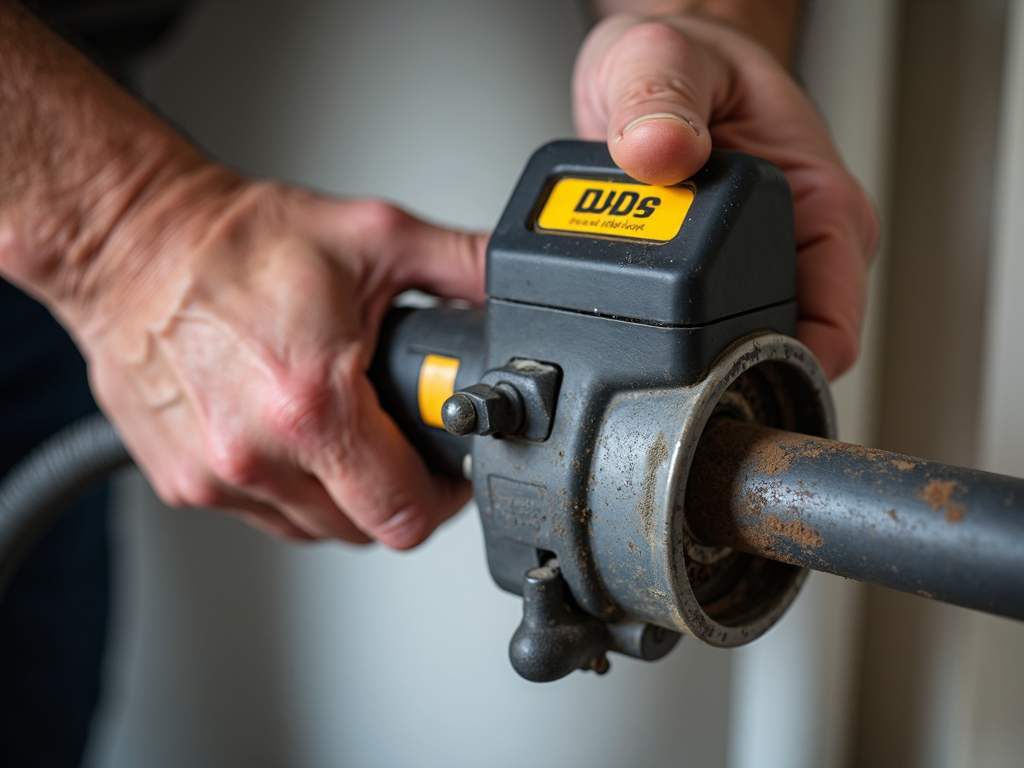
Utility knives are a staple in both electricians' and plumbers' toolkits. Their versatility makes them indispensable for a variety of tasks. For electricians, a utility knife is perfect for stripping wire insulation, cutting electrical tape, and making precise cuts on cables. Plumbers use them to cut pipes, tubing, and even to remove old caulk or sealant. When choosing a utility knife, look for one with a sturdy handle, a sharp blade, and a retractable design for safety. Some models even come with built-in wire strippers or other handy features. For example, the Lenox Gold utility knife has a quick-change blade system and a comfortable grip, making it a favorite among professionals.
When it comes to workman tools, quality matters. While it might be tempting to opt for cheaper alternatives, investing in high-quality tools can save you time, money, and frustration in the long run. Quality tools are more durable, perform better, and are often safer to use. For example, a high-quality utility knife will have a sharper blade that lasts longer, reducing the need for frequent replacements. Similarly, a well-made wrench will grip fittings more securely, preventing slippage and potential injuries. However, that doesn't mean you have to break the bank. Look for tools from reputable brands that offer a good balance of quality and affordability. Read reviews, ask for recommendations, and consider the warranty or guarantee offered by the manufacturer. For instance, tools from brands like Klein Tools, Milwaukee, and Ridgid are known for their quality and come with lifetime warranties.
Safety should always be a top priority when working with workman tools. Here are some tips to keep in mind:
- Always wear appropriate protective gear, such as gloves, safety glasses, and sturdy footwear.
- Inspect your tools before each use to ensure they're in good condition. Replace any damaged or worn-out tools.
- Use tools only for their intended purposes. For example, don't use a screwdriver as a pry bar.
- Keep your work area clean and organized to prevent accidents.
- When using sharp tools like utility knives, always cut away from your body and keep your fingers clear of the blade.
- For electrical work, always use insulated tools and follow proper lockout/tagout procedures.
- If you're unsure about how to use a tool safely, seek guidance from a more experienced professional or consult the manufacturer's instructions.
For more detailed information on hand tool safety, check out this guide from NIOSH: Hand Tool Safety. Additionally, for electrical safety, visit the ESFI website: Electrical Safety for Professionals. Plumbers can refer to the PHCC resources for best practices: Plumbing-Heating-Cooling Contractors Association.
In conclusion, having the right workman tools is essential for electricians and plumbers. From utility knives to specialized equipment, each tool plays a crucial role in ensuring efficiency, safety, and quality of work. By investing in high-quality tools and following safety best practices, you can enhance your performance and protect yourself on the job. Remember, the right tool can make all the difference, so choose wisely and take care of your toolkit.
Related workman tools for electricians and plumbers:
- Top 10 Must-Have Tools for Every Workshop: A Comprehensive Guide
- Top-Quality Workman Tools Every Contractor Needs
- Workshop Safety Tips for Power Tool Users: A Comprehensive Guide
- How to Choose the Right Wrench Size: A Comprehensive Guide
- Color Theory 101: Understanding the Basics
- Steer Clear of These Beginner Woodworking Errors: A Guide to Safe and Successful Projects
- Essential Power Tools for Woodworking
- The Ultimate Guide to High-Quality Workman Tools for Professionals
- Sensors in Automation: Types and Applications
- Top 10 Jewelry Making Techniques for Beginners: A Comprehensive Guide
- Hammer Time: Your Guide to Choosing the Perfect Hammer for Every Job
- Popular Brands for Workman Tools
